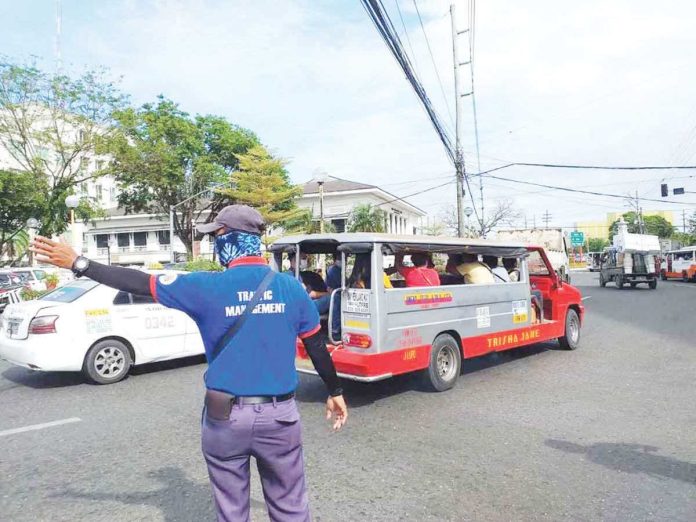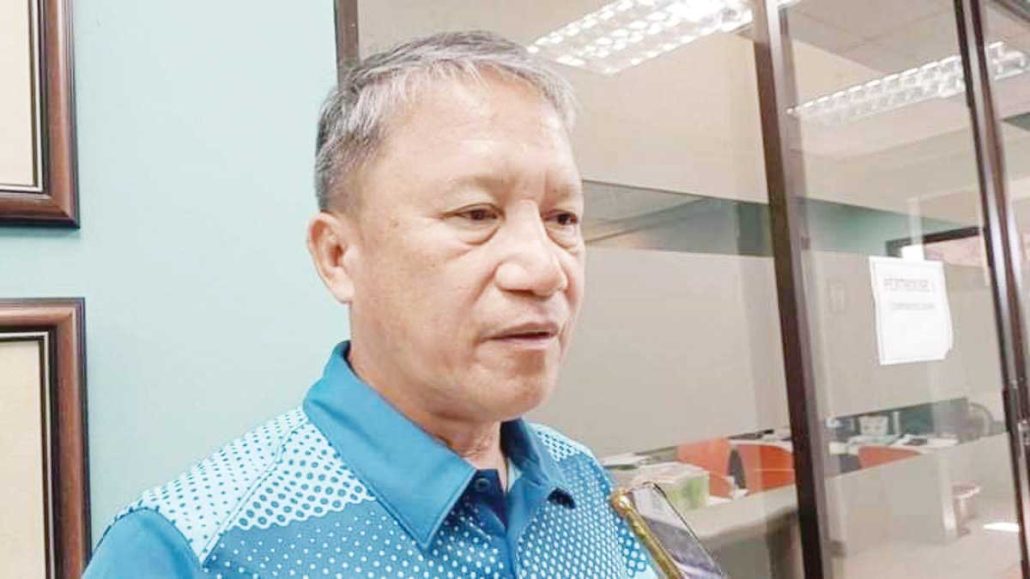
ILOILO City – The high heat index gripping the Philippines has claimed the lives of two traffic enforcers here, raising alarm about the deadly effects of extreme temperatures on frontline workers.
Both enforcers, identified as Lester Paul Duran and John Tulio Jr., died after suffering fatal strokes believed to have been triggered by the sweltering heat.

Retired police colonel Uldarico Garbanzos, head of the Iloilo City Traffic and Transportation Management Office (ICTTMO), confirmed the deaths, which highlight the increasing vulnerability of outdoor workers during the summer months.
Duran had served for six years. He passed away on February 23. Tulio had been working as traffic enforcer for 37 years. She succumbed to his condition on April 7.
“Both had hypertension and were on medication for it. The extreme heat likely exacerbated their condition, causing their blood pressure to spike and leading to fatal strokes,” Garbanzos explained.
In response to the tragedy, the ICTTMO has implemented stricter health and safety measures for its traffic enforcers, including a mandatory “Heat Stroke Break” from 9 a.m. to 3 p.m. to limit exposure to the most dangerous heat levels.
The office is urging its staff to stay hydrated, avoid direct sunlight, and remain in shaded areas unless responding to urgent traffic needs.
“We must prioritize the safety of our enforcers. If they’re not visible during peak heat hours, it’s because they are following health protocols to stay safe,” Garbanzos emphasized.
Tulio, stationed in La Paz, reportedly sought rest before his collapse, while Duran’s health deteriorated after prolonged exposure to the sun.
The ICTTMO is offering financial assistance to the families of both enforcers and has renewed its call for all frontline workers to immediately report signs of heat-related illnesses, such as dizziness and nausea.
Health experts warn that temperatures exceeding 40 degrees Celsius can overwhelm the body’s cooling mechanisms, putting outdoor workers at heightened risk./PN





